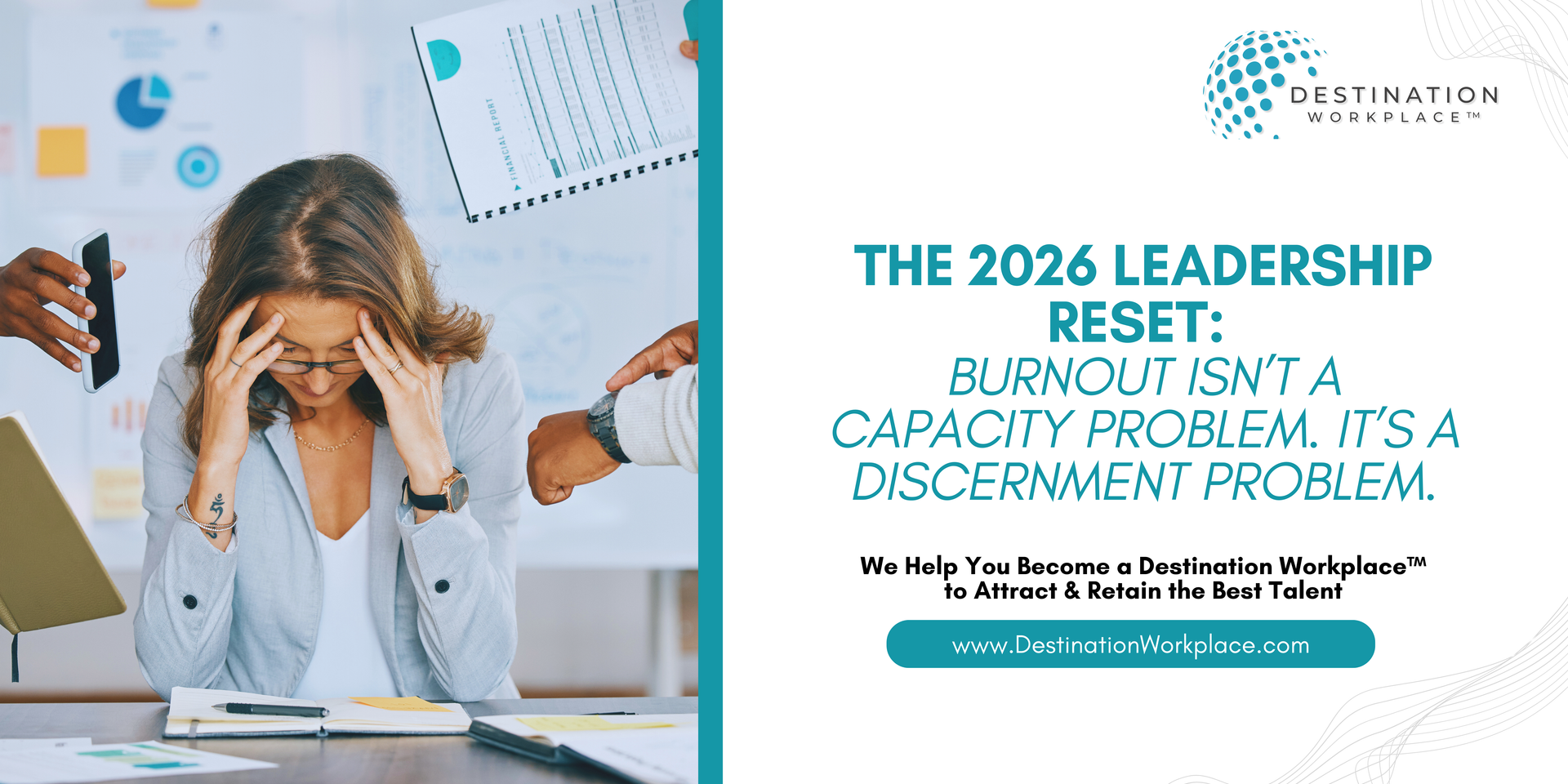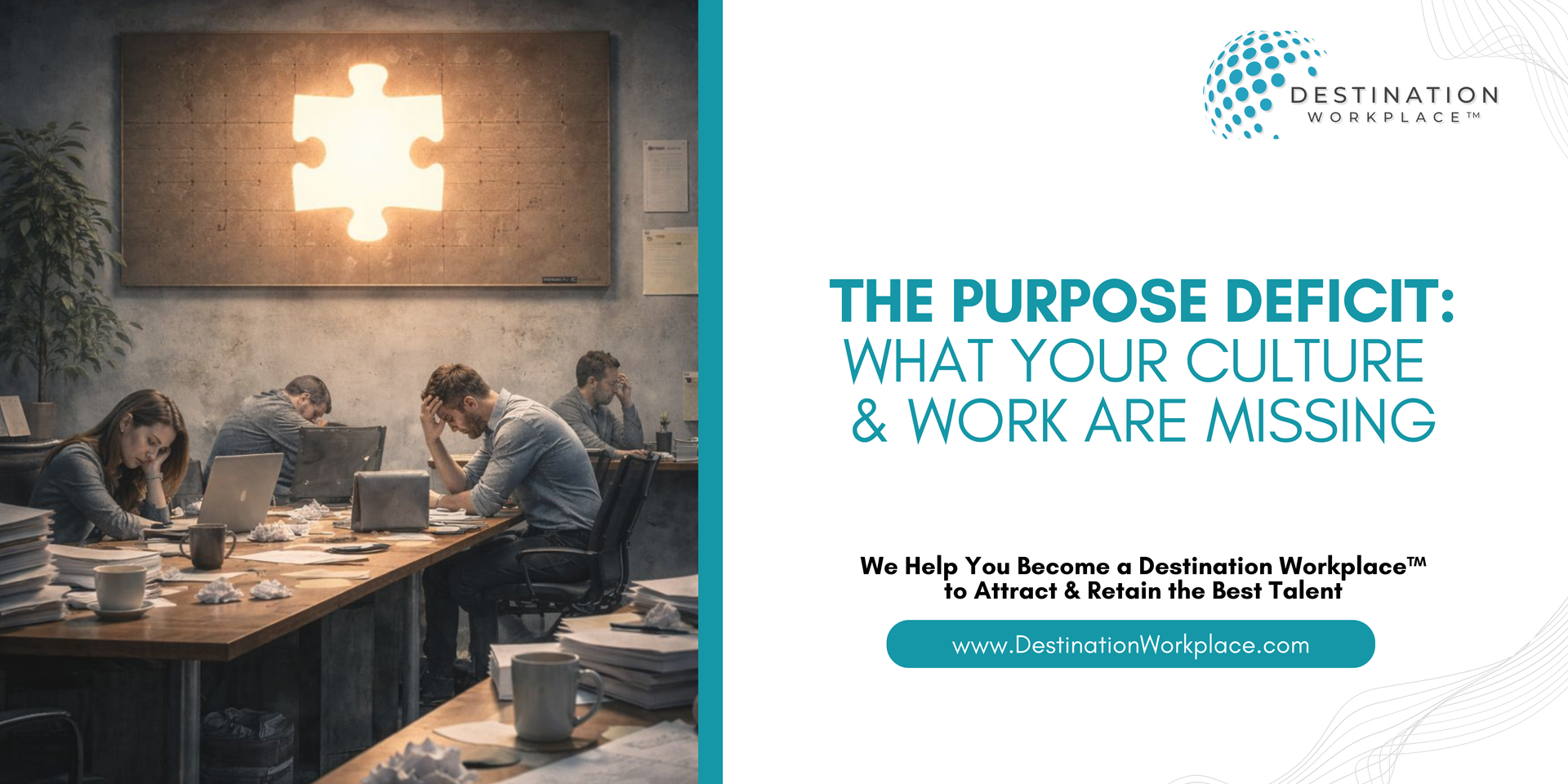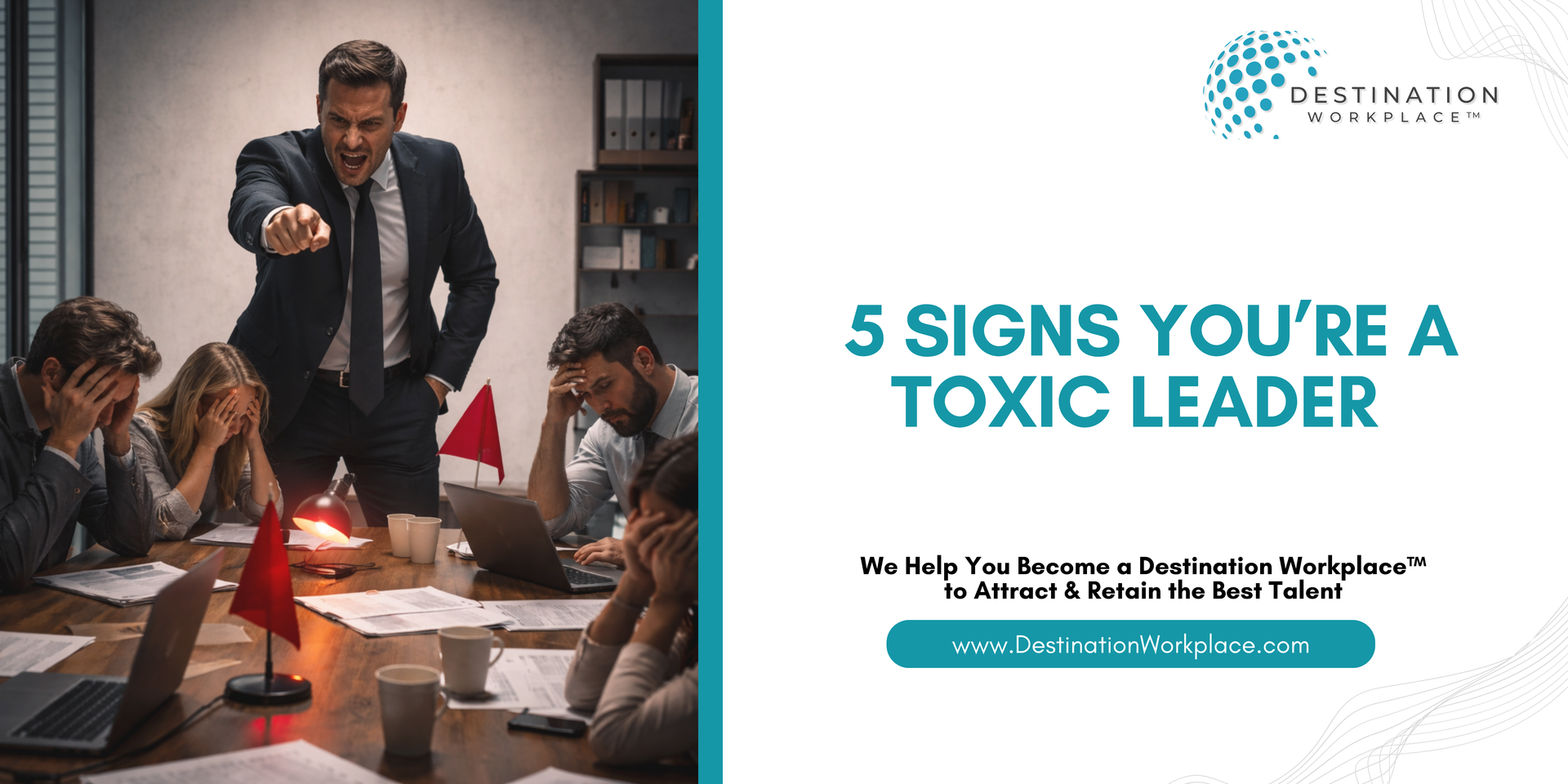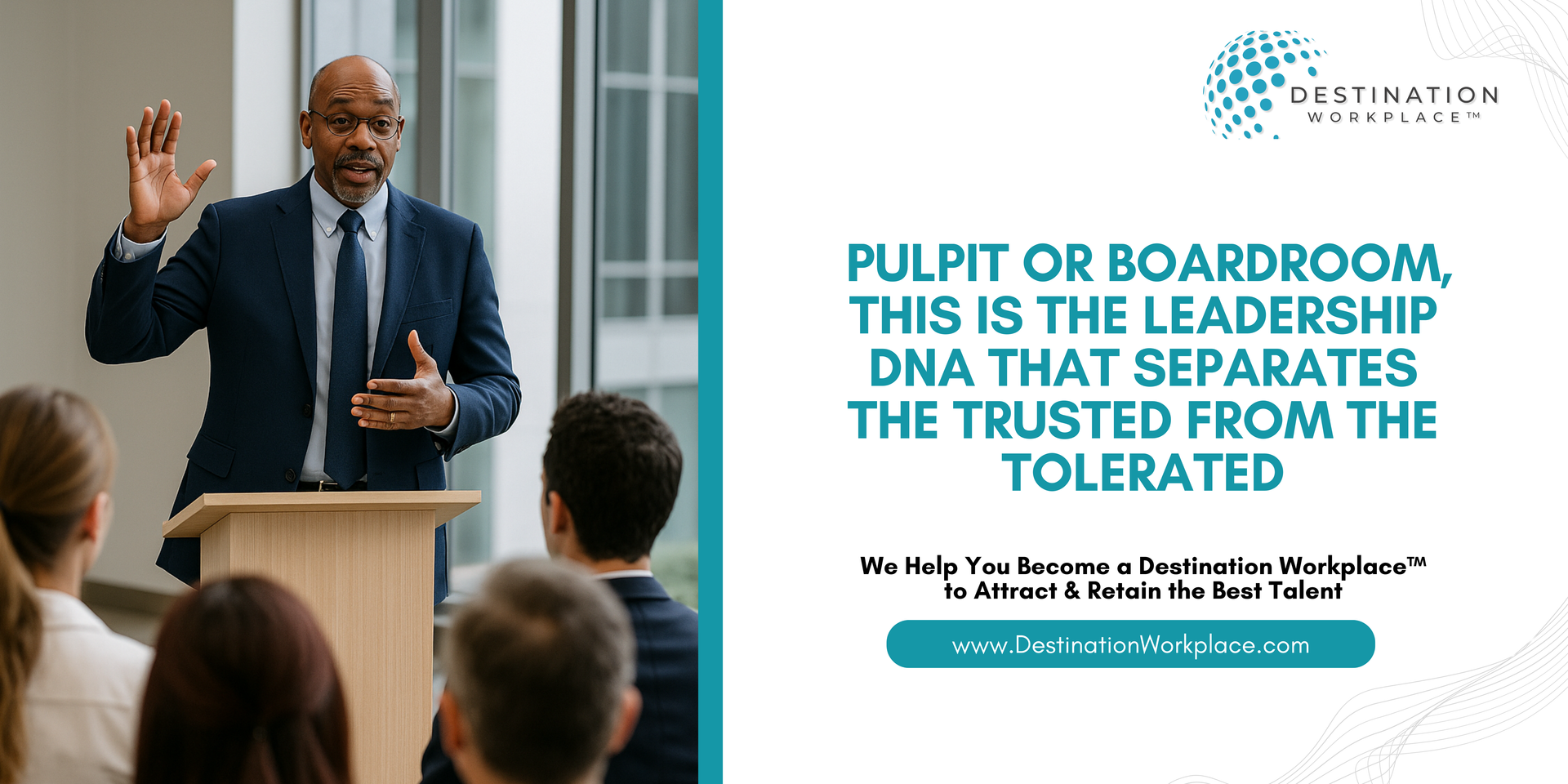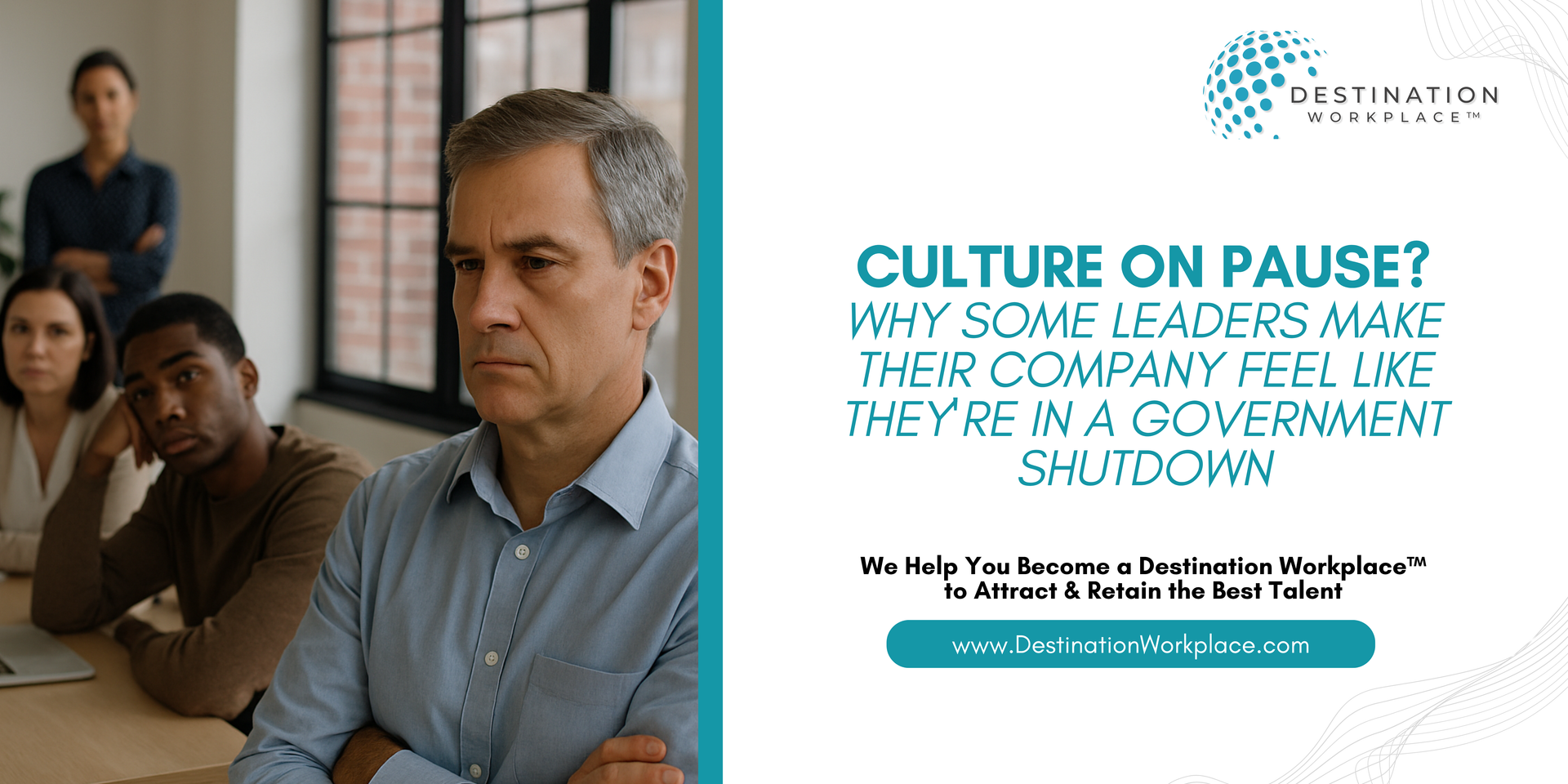5 Key Aspects of Workplace Mediation That Turn Conflict Into Collaboration

Conflict is inevitable in any workplace. When handled poorly, it can lead to decreased morale, productivity, and retention. Mediation—a structured process involving a neutral third party—provides an effective solution to resolve workplace conflicts. Unlike formal disciplinary actions, mediation focuses on collaboration, understanding, and finding mutually beneficial solutions.
Here are five key aspects of workplace mediation, supported by data insights and actionable tips for success to help leaders foster harmony and collaboration.
1. Mediation Matters Financially
Workplace conflicts cost companies an estimated $359 billion annually in lost productivity, turnover, and absenteeism (CPP Inc.). Conflict can drain an organization’s resources, but mediation offers a constructive way to address disputes and restore productivity. Companies that use mediation report resolution rates as high as 85% (U.S. Department of Labor).
Tips for Success:
- Proactively identify areas of potential conflict, such as overlapping roles or communication gaps.
- Offer mediation services as a first step in conflict resolution before escalating issues to HR investigations.
- Communicate mediation’s purpose to employees: resolving conflict collaboratively, not assigning blame.
2. A Neutral Third Party Is Key
A mediator facilitates dialogue without taking sides, helping both parties explore solutions objectively. Employees are 60% more likely to resolve conflicts when they feel the mediator is impartial (American Arbitration Association).
Tips for Success:
- Choose a mediator with strong interpersonal and communication skills. This could be an HR professional, an external mediator, or a trained manager.
- Maintain confidentiality throughout the mediation process to build trust in the system.
- Train internal mediators to handle common workplace disputes, such as personality clashes or team tensions.
3. Steps to Successful Workplace Mediation
A structured approach ensures fairness and facilitates effective conflict resolution. Mediation resolves over 75% of workplace conflicts in three to four sessions, significantly reducing the need for formal grievances (SHRM).
Steps in the Process:
- Preparation: The mediator meets with participants separately to understand the conflict and establish trust.
- Ground Rules: Clear guidelines ensure respectful dialogue, such as no interruptions or personal attacks.
- Problem Identification: Parties share their perspectives, allowing the mediator to identify root issues.
- Solution Brainstorming: The mediator encourages open discussion to generate potential solutions.
- Agreement: A written resolution ensures accountability and clarity.
4. When to Use Mediation is Crucial
Not every workplace issue requires mediation. Leaders must know when it’s appropriate and when other interventions are necessary. Conflicts involving interpersonal or role-based disputes are resolved 80% faster through mediation compared to formal HR actions (Deloitte).
Tips for Success:
- Use mediation early in disputes to prevent escalation.
- Avoid mediation in cases of harassment or discrimination, which require legal or HR investigation.
- Educate employees on the types of conflicts best suited for mediation to ensure appropriate use.
5. Create a Mediation-Friendly Workplace
Organizations that embrace mediation foster a culture of trust, transparency, and collaboration. Companies with proactive mediation programs report a 30% reduction in employee turnover and higher morale (Forbes).
Tips for Success:
- Train managers and HR staff in basic mediation skills to handle minor disputes effectively.
- Promote mediation as a safe, non-punitive process to build employee trust.
- Incorporate mediation into your workplace policies and procedures as a formal option for conflict resolution.
Mediation is a proven way to transform workplace conflict into collaboration. By incorporating data-driven insights and actionable strategies, leaders can leverage mediation to reduce disruptions, improve relationships, and create a thriving work culture. By prioritizing mediation, you’re not only solving immediate problems but also strengthening your organization’s culture, paving the way to becoming a Destination Workplace™.
Creating a winning company culture takes effort, but it's well worth it, and company culture happens to be our area of expertise. We help you become a
Destination Workplace™ so you can attract and retain the best talent in this hyper-competitive marketplace. Contact us to learn about our
leadership development,
culture development,
corporate wellness programs and more!
The Destination Workplace™ Team
About Betsy: Featured on FOX, CBS, NBC, and ABC, Betsy Allen‑Manning is a leadership keynote speaker and high‑performance expert who works with executives, managers, and teams to ignite commitment, elevate excellence & infuse purpose into their workplace culture.
Her C.O.M.M.I.T. Framework™ and ‘DNA for Success’ keynote series deliver data‑backed, high‑energy presentations that strengthen leadership, enhance team performance, and build resilient cultures where people thrive and stay. Betsy is also the founder of Destination Workplace™, an award‑winning leadership training company in Dallas, recognized for advancing leadership excellence and driving a culture of high performance in some of the world’s most respected organizations.





